
The prohibition of riba is the most well-known and unique element of the Islamic financial system. The most prevalent meaning of the word riba is to charge or promise a specified rate of return.
Credit cards and traditional bank loans, for example, levy riba in the form of periodic compounding interest on the outstanding debt amount.
In today’s traditional financial system, riba is widespread and common. It is the foundation of the entire conventional global financial system. Is it, however, the ideal way to do things merely because it’s common?
What is the rationale for the riba prohibition? Riba has both severe social and economic consequences. Here are a few of riba’s most significant side effects:
Related – Personal Debts and How it Affects your Risk Appetite
What exactly is Riba?
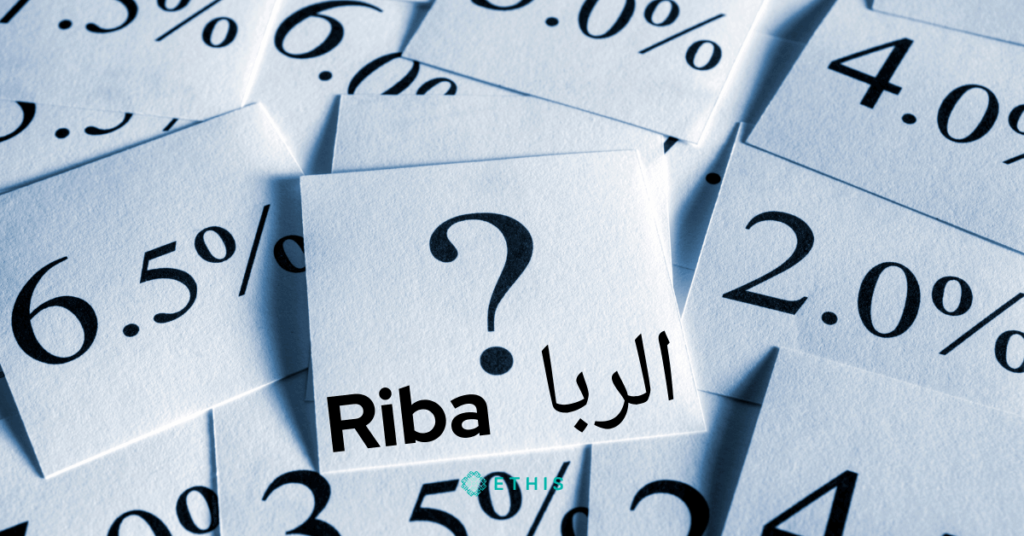

The Islamic fundamentalist concept on riba states that the rate of interest should be zero, based on Quranic prohibitions.
According to Imam Razi, the word ‘riba’ implies ‘increase,’ which relates to the word ‘interest,’ as defined by Webster’s New World Dictionary.
The increase in both circumstances refers to the amount owed in excess of what is owed. Thus, the strictest understanding of the word riba is that it refers to interest—a sum due in addition to the loan’s capital.
The rise of Riba
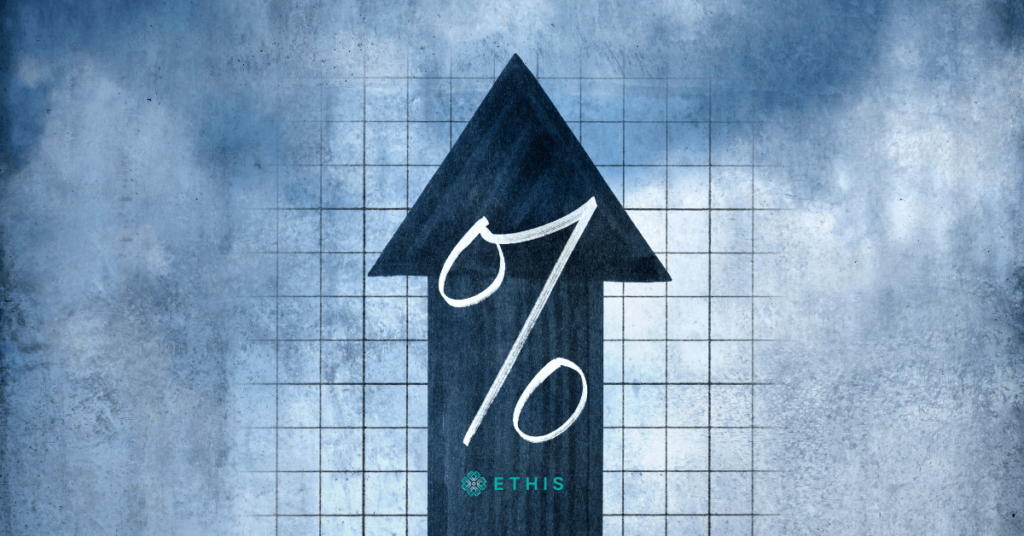

Muslims already established a successful economy founded on Islamic ideals in the 7th century. While Europe was still in the Dark Ages, the Islamic world thrived in terms of culture and knowledge.
Islamic financial instruments competed with those available in Western economies until the 13th century. Despite the lack of banks, creative financial devices such as “bankers without banks” were a part of economic life.
The Muslim world eventually stagnated in the 15th century, when Western cultures went through a period of renaissance, scientific discoveries, and industrialisation.
The development of Islamic financial ideas was slowed by colonisation in the 16th and 17th centuries. European banks had established themselves in Turkey, Egypt, and Iran by the late 17th century. In Europe, a new economic system emerged as a result of the union of capitalism and imperialism.
Most of the Islamic world had been brought into a Western system that accepted interest and separated socio-ethical principles from the economic system by the 19th century.
With the emergence of Islamic financial institutions in the late 1970s, interest in Islamic finance was reignited. But by then it was too late, most of the modern world had adopted conventional finance derived from Western civilisation, and riba was a very integral part of their system.
The degradation of the education system


One of the most prevalent instances of riba degrading a system is seen in the modern education infrastructure, particularly in countries like the United States. Since the invention of the credit card, consumer debt has fuelled many aspects of conventional banking for decades now with exorbitant interest rates accelerating the wealth of financial institution owners.
This process is heavily associated with the education system as well, and student debt gradually reached sky high levels thus enslaving college applicants to a lifetime of accumulated interest.
Total student loan debt has increased by more than 600 percent to $1.7 trillion since 2003. Most college-educated adults in the United States are carrying the burden of that debt, with 65 percent still paying off student loans.
It’s come to a point where students who graduate may see the payback amounts for their loans more than triple in size thanks to long-standing financial loopholes, exploitative terms and a ruthless credit system designed to keep creditors in a state of loss.
Extreme income gaps
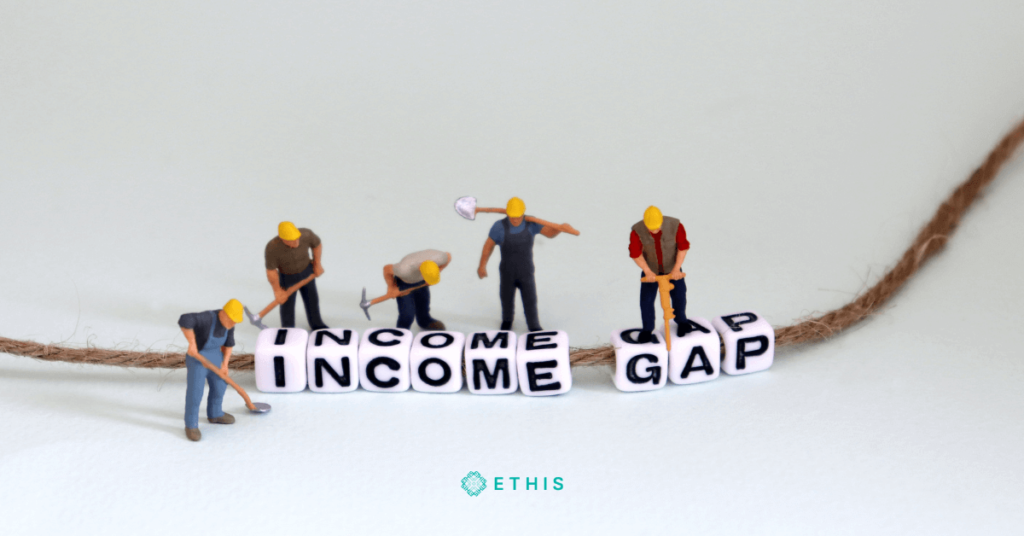

The nature of riba is such that individuals can essentially create money with money. Simply put, when one charges interest on lended money based on rates that appreciate over time, the compounding effect can make lenders extremely wealthy in a relatively short period of time.



On the flip side, borrowers who are not able to pay back in time are kept in a perpetual loop of having to chase the growing debt empowered by compounding interest.
What does this mean for society on a massive scale? Clearly, the wealthy elite who are already well equipped with the resources to lend money and utilise interest will become even wealthier.
At the same time, borrowers who are often desperate for extra capital, will spend time, energy and effort to meet the rising interest rates. Therefore a great number of defaulters will plunge further into debt and poverty.
The gap between the rich and the poor will intensify. Consider that this trend accelerates in non-Muslim countries that don’t rely on counter-mechanisms to fight against widening income gaps (such as the Zakat system), and this can spell serious trouble in the long run.
Rejected by major religions
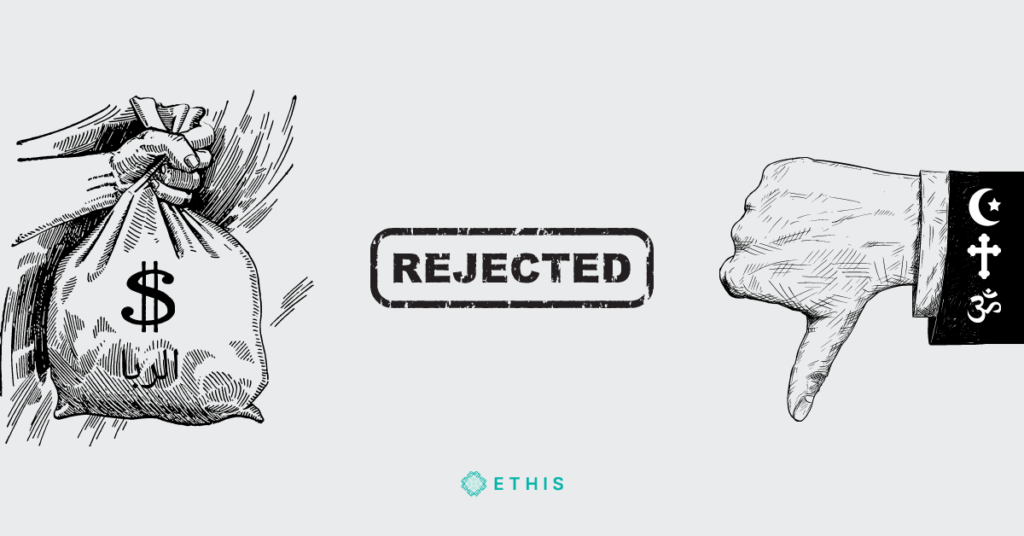

From an observable historic standpoint, the Vedic scriptures of India, which date from about 1,400 and 2,000 BC, contain some of the first warnings against riba.
Dante’s narrative poetry “Divine Comedy” depicts a hereafter in which people who charged riba are imprisoned in the seventh circle of hell, a sandy region filled with blazing fire.
Throughout the world’s major religious schools of thought, the prohibition of charging interest is universally accepted in classical Judaism, Christianity, and Islam.
There must be a reason why so many faiths reach this conclusion, in different periods of time, across various areas and regions.
Exploitative components
Poor people are exploited by riba-based loans, which tend to exacerbate poverty. Payday loans are an example of predatory lending to the poor, with yearly interest rates as high as 400 percent. In a never-ending cycle of debt and riba, many poor people wind up refinancing these loans over and over.
The only thing that matters to a riba-based lender is that the loan is repaid, not where the money to repay comes from or the borrower’s financial difficulties.
Riba-based funding is typically targeted at borrowers who are likely to repay, regardless of whether the underlying activity is useful or productive.
Short-sighted gains


Instead of guiding investments towards innovative and meaningful improvements, riba-based investments encourage aimless and short-sighted investments.
Peter Thiel, the founder of PayPal and a well-known venture capitalist, outlines how the interest-based economic system might be “bizarre” and ultimately lead to nothingness with no real value in his book Zero to One. “At no point does anyone in the chain know what to do with money in the real economy. …people actually prefer unlimited optionality. Money is more valuable than anything you could do with it.”
What’s more, the overwhelming power of interest derived from making money out of money can easily supersede the true purpose and form of commerce. If profitability is the end goal, and interest can compound astonishing wealth, what is the point of legitimately making money any other way?
Awareness is crucial
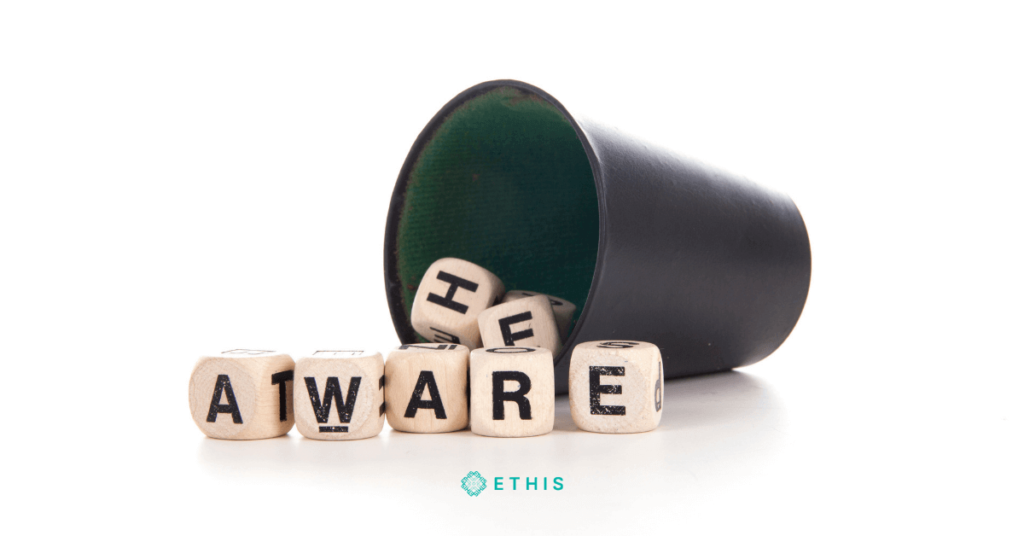

Riba is strictly forbidden in Islam. As a result, it is a critical duty for all Muslim countries to eradicate it from their economies. Investment and company projects, on the other side, suffer losses as a result of this approach.
In this situation, the Islamic finance concept first appeared on the market around 35 years ago to compensate for financial losses and inconsistencies caused by pre-existing conventional components.
In today’s environment, the role of media is critical; we cannot overlook the importance of media in moulding an individual’s behaviour, opinion, and perception.
As a result, popular investing strategies in the market are rapidly gaining traction in society and are entirely based on riba.
With the use of media outlets, there is a need to raise public knowledge of Islamic finance, especially in regards to the outright detriment and harm caused by accrued interest.
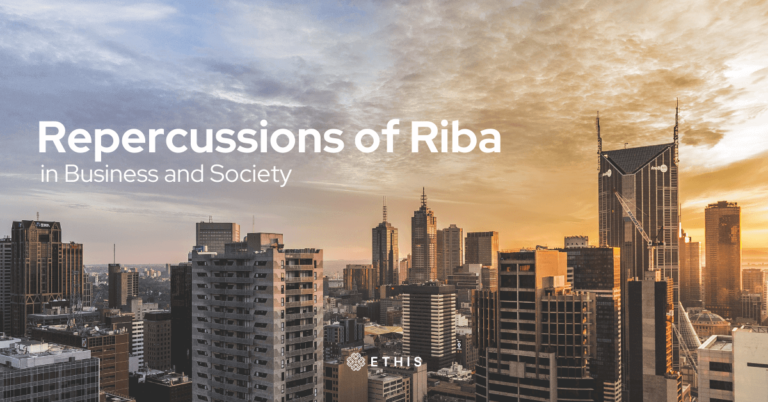




Top Posts
Islamic P2P Crowdfunding Explained
How to Earn Halal Money? The Money Mindset
Halal Investments for Singapore Muslims? It’s time for a shake-up in the Islamic Investments scene.
Smart investment for making Halal money
3 Reasons Why Property Crowdfunding is the Smart Investment for You